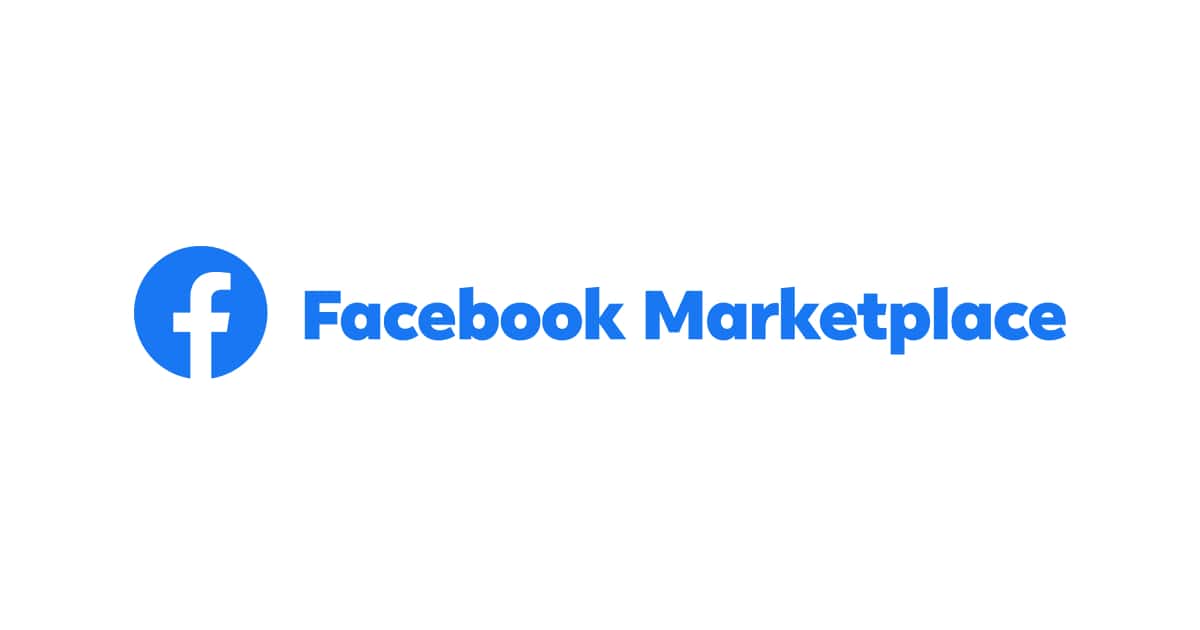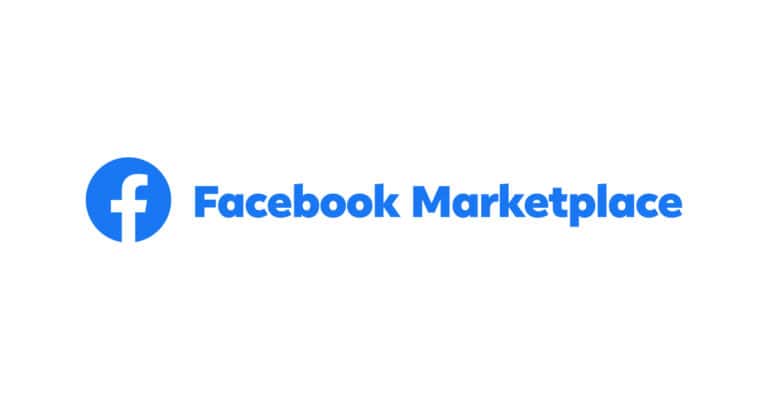Facebook Marketplace dominates local buying and selling, but it’s not your only option. Many users face issues with scammers, limited buyer protection, and safety concerns when meeting strangers. These problems push people to seek better alternatives.
The best Facebook Marketplace alternatives include OfferUp for local sales with verified users, eBay for global reach and buyer protection, and Mercari for easy mobile selling. Each platform offers unique features that address common FB marketplace problems. Some focus on specific items like Etsy for handmade goods, while others like Craigslist emphasize free listings.
Smart sellers use multiple platforms to reach more buyers and reduce risk. Different sites attract different audiences, so spreading your listings increases your chances of quick sales. The right alternative depends on what you sell, where you live, and how much protection you need.
Guide: Facebook Marketplace Alternatives (2025)
Facebook Marketplace is popular for local buying and selling, but it has drawbacks — including scams, limited seller protections, and lack of niche focus. Here are the best alternatives worth considering in 2025.
1. OfferUp
- Best for: Local selling of everyday items.
- Pros: User-friendly app, in-app payments, shipping options.
- Cons: Some listings attract low-ball offers.
- Website: offerup.com
2. Craigslist
- Best for: Free local classifieds and quick sales.
- Pros: No listing fees for most categories, huge reach.
- Cons: No buyer protection, higher scam risk.
- Website: craigslist.org
3. eBay
- Best for: Selling to a global audience.
- Pros: Large buyer base, auction and fixed-price options, seller protections.
- Cons: Fees can add up, competitive market.
- Website: ebay.com
4. Mercari
- Best for: Selling small to medium-sized items nationwide.
- Pros: Easy shipping, buyer/seller protection, no meetups required.
- Cons: 10% selling fee.
- Website: mercari.com
5. Poshmark
- Best for: Clothing, fashion, and accessories.
- Pros: Fashion-focused audience, built-in shipping labels.
- Cons: 20% commission on sales over $15.
- Website: poshmark.com
6. Nextdoor
- Best for: Selling within your neighborhood.
- Pros: Hyperlocal audience, community trust factor.
- Cons: Smaller reach compared to national platforms.
- Website: nextdoor.com
7. Bonanza
- Best for: Small business sellers wanting store customization.
- Pros: Low fees, integrates with eBay/Amazon.
- Cons: Smaller buyer base than major marketplaces.
- Website: bonanza.com
8. Etsy
- Best for: Handmade, vintage, and craft supplies.
- Pros: Niche audience, global reach.
- Cons: Listing and transaction fees.
- Website: etsy.com
9. Chairish
- Best for: Vintage furniture and home décor.
- Pros: Curated audience, high-value sales possible.
- Cons: High commission (20–40%).
- Website: chairish.com
10. Decluttr
- Best for: Selling tech, electronics, and media.
- Pros: Instant price quotes, free shipping.
- Cons: Lower payouts than direct selling.
- Website: decluttr.com
Comparison Table: Facebook Marketplace Alternatives (2025)
| Platform | Best For | Fees | Buyer/Seller Protection | Local or Nationwide |
|---|---|---|---|---|
| OfferUp | Everyday items | Free to list, shipping fee | Yes | Both |
| Craigslist | Free classifieds | Mostly free | No | Local |
| eBay | Global sales | ~13% + listing fees | Yes | Both |
| Mercari | Small–medium items | 10% | Yes | Nationwide |
| Poshmark | Fashion & accessories | 20% over $15 | Yes | Nationwide |
| Nextdoor | Neighborhood sales | Free | Limited | Local |
| Bonanza | Small businesses | 3.5%+ | Yes | Both |
| Etsy | Handmade/vintage | Listing + 6.5% | Yes | Both |
| Chairish | Furniture/home décor | 20–40% | Yes | Nationwide |
| Decluttr | Electronics/media | Varies | Yes | Nationwide |
Decision Flowchart: Choosing the Right Marketplace
1. What are you selling?
- Clothing, shoes, accessories → Go to Step 2
- Furniture or home décor → Go to Step 3
- Electronics, tech, or media → Go to Step 4
- Handmade, vintage, or craft supplies → Etsy
- General household items → Go to Step 5
2. Clothing, shoes, accessories
- Want a fashion-focused audience? → Poshmark
- Want nationwide reach with lower fees? → Mercari
3. Furniture or home décor
- High-end or vintage pieces? → Chairish
- Fast local sale? → OfferUp or Craigslist
4. Electronics, tech, or media
- Want instant payout and no meetups? → Decluttr
- Want higher profit but more effort? → eBay
5. General household items
- Prefer local meetups? → OfferUp, Craigslist, or Nextdoor
- Prefer shipping nationwide? → Mercari or eBay
6. Are you a small business seller?
- Want to integrate with other marketplaces? → Bonanza
- Want niche handmade/vintage buyers? → Etsy
✅ Tip: If you’re selling multiple types of items, you can list on more than one platform to maximize exposure.
Key Takeaways
- Multiple marketplace alternatives exist beyond Facebook, each with unique strengths for different selling needs
- Popular options like OfferUp, eBay, and Mercari offer better safety features and buyer protection than Facebook Marketplace
- Using several platforms simultaneously maximizes your reach and reduces dependence on a single marketplace
Frequently Asked Questions
People often have specific questions about alternatives to Facebook Marketplace. These questions cover local selling platforms, specialized marketplaces for items like furniture and vehicles, and options that don’t require social media accounts.
What are some popular platforms similar to Facebook Marketplace for selling items locally?
Craigslist remains the most established local selling platform. It offers free listings in most categories and focuses on face-to-face transactions.
OfferUp provides a mobile-first experience for local sales. The platform includes user ratings and secure messaging features.
Nextdoor connects sellers with verified neighbors in their community. This platform requires users to verify their address before joining.
5miles emphasizes safety through user verification. It offers location-based listings and secure communication tools.
How does OfferUp compare as an alternative to Facebook Marketplace?
OfferUp focuses primarily on local transactions through its mobile app. Users can rate each other after completing deals, which builds trust over time.
The platform charges no fees for local sales. However, it takes 12.9% of the final price for shipped items.
OfferUp provides prepaid shipping labels for non-local sales. This feature makes it easier to sell to buyers outside the immediate area.
The app includes built-in messaging for negotiations. Sellers can share additional photos and details through this system.
Can I find specialized marketplaces for selling furniture outside of Facebook Marketplace?
Craigslist has dedicated furniture sections in each city. Many people use this platform specifically for large household items.
OfferUp works well for furniture sales because of its local focus. Buyers can inspect items before purchasing.
Nextdoor appeals to people selling furniture within their neighborhood. The community-based approach often leads to easier transactions.
Some sellers use general marketplaces like Mercari for smaller furniture pieces. These platforms work better for items that ship easily.
Which platforms provide the best experience for buying and selling vehicles in comparison to Facebook Marketplace?
Craigslist has extensive vehicle sections with detailed search filters. Most car dealers and private sellers list vehicles on this platform.
OfferUp includes dedicated vehicle categories. The platform allows sellers to add multiple photos and detailed descriptions.
Specialized auto sites often provide better tools than general marketplaces. These platforms focus specifically on vehicle transactions.
Local classified ads in newspapers still attract vehicle buyers. Many people check multiple sources when shopping for cars.
Nextdoor vs. Facebook Marketplace: Which is better for community-based selling?
Nextdoor requires address verification for all users. This creates a more trusted environment for local transactions.
The platform connects sellers only with verified neighbors. This limitation reduces the potential buyer pool but increases safety.
Facebook Marketplace reaches a much larger audience. Users can sell to anyone within their selected radius.
Nextdoor charges no fees for any transactions. Facebook Marketplace also offers free listings for local sales.
Nextdoor feels more like a community bulletin board. Facebook Marketplace operates more like a traditional classified system.
Are there any platforms that allow marketplace browsing and transactions without requiring a social media account?
Craigslist requires no social media account or personal profile. Users communicate directly through email or phone.
eBay operates independently of social media platforms. Buyers and sellers create separate marketplace accounts.
Mercari functions as a standalone marketplace app. Users sign up with email addresses rather than social media accounts.
Most specialized platforms work without social media integration. These sites create their own user verification systems.
Some platforms offer guest browsing but require accounts for transactions. This approach lets people explore before committing to sign up.





